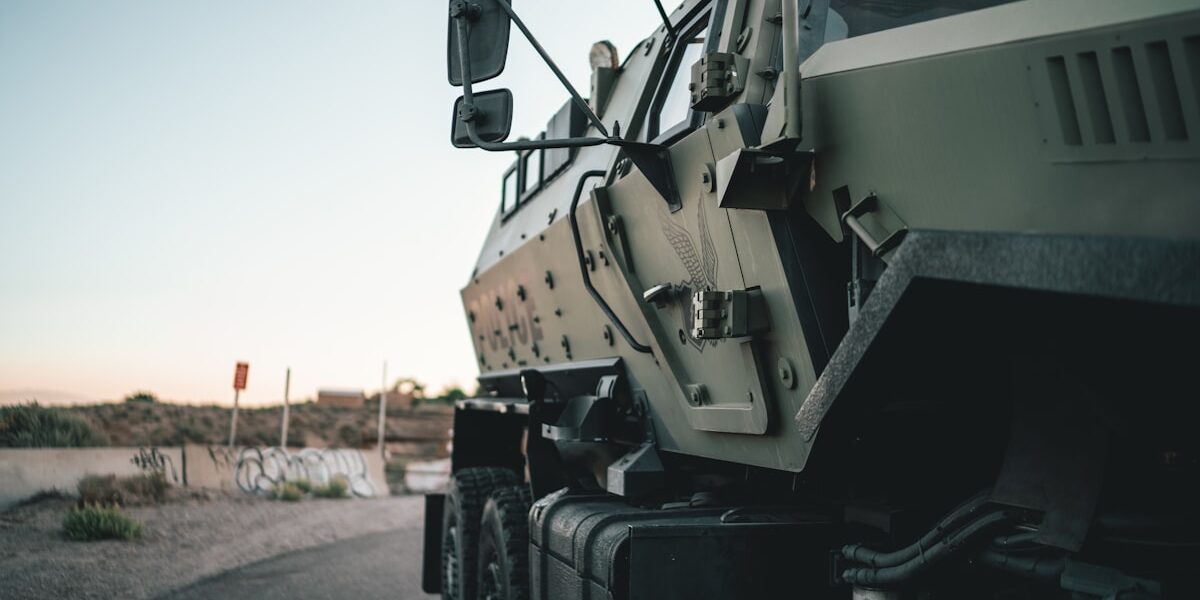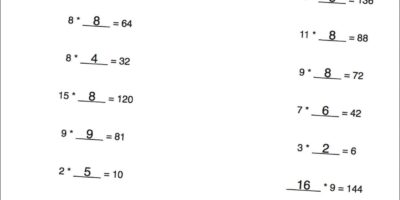Military Schools for Veterans
Military schools offer unique opportunities for veterans. These institutions are designed to provide discipline, education, and professional development aligned with military values. While many people associate military schools with young cadets, they also cater to veterans looking to transition into civilian life or further their education.
Understanding Military Schools

Military schools are specialized institutions that incorporate military principles into their academic curriculums. They emphasize leadership, discipline, and physical fitness. For veterans, these schools can provide a familiar environment that supports personal and professional growth.
Types of Military Schools
- Primary and Secondary Military Schools: Primarily for children of military personnel but some offer programs for veterans.
- Colleges and Universities with ROTC Programs: Provide veterans with opportunities to become officers while obtaining a degree.
- Service Academies: Prestigious institutions like West Point and the Naval Academy open to veterans seeking a rigorous educational and leadership experience.
- Professional Military Education Schools: Includes War Colleges and Command and Staff Colleges that offer advanced courses in military strategy and leadership.
Benefits for Veterans
Veterans attending military schools can leverage several benefits. These schools offer a structured environment that can ease the transition from military to civilian life. The curriculum often includes leadership training, which can be advantageous for career advancement.
Military schools also provide a sense of camaraderie and support. Veterans are surrounded by peers who share similar experiences, fostering an environment of mutual understanding and support. Financial benefits include the ability to use GI Bill funds to cover tuition and other expenses.
Popular Programs and Courses
Many military schools offer programs specifically tailored for veterans. Common programs include:
- Leadership and Management Courses: Focus on developing skills for civilian careers.
- Technical and Vocational Training: Includes courses in fields like engineering, information technology, and mechanics.
- Professional Development: Programs in public administration, business, and strategic leadership.
- Physical Fitness Training: Maintenance of high physical standards to prepare veterans for demanding careers.
These programs not only provide valuable skills but also help veterans adapt to civilian workplaces by translating military expertise into applicable civilian knowledge.
Networking and Career Support
Military schools also offer extensive networking opportunities. They often have strong alumni networks that can assist veterans in finding employment, mentorship, and further educational opportunities. Career support services frequently include job fairs, resume workshops, and counseling services tailored to veterans’ unique needs.
Challenges and Considerations
While military schools offer many benefits, there are challenges as well. The regimented environment can be a difficult adjustment for some veterans used to more autonomy. Additionally, the intensity of academic and physical programs can be demanding. It is crucial for veterans to assess their readiness and commitment before enrolling.
Another consideration is the geographical location. Many prestigious military schools are located in specific regions, which could require relocation. Veterans need to consider their willingness to move and the implications for their families.
Eligibility and Admission Requirements
Admission requirements for military schools can vary. Most military colleges and service academies require a high school diploma or equivalent, good academic standing, and a history of leadership and service. Age requirements may also apply, with some schools having upper age limits for applicants.
Veterans may need to provide proof of service and a detailed record of their military achievements. Letters of recommendation, interviews, and physical fitness assessments could also be part of the admissions process.
Using Veterans’ Benefits
Veterans can use various benefits to finance their education at military schools. The GI Bill is the most notable, covering tuition, housing, and other expenses. Other programs include the Yellow Ribbon Program, which can cover additional costs not provided by the GI Bill. State veterans’ benefits may also be available, offering further financial assistance for education.
Successful Veteran Alumni
Many veterans who have attended military schools have gone on to successful careers in various fields. They often cite the discipline, leadership training, and support network as key factors in their success. These alumni frequently give back to their alma maters, providing mentorship and support to current veteran students.
Choosing the Right School
Veterans should carefully research and choose a military school that aligns with their goals and needs. Consider factors such as the school’s reputation, available programs, location, and support services. Contacting the school’s admissions office and speaking with current students and alumni can provide valuable insights.
Online resources and veteran organizations can also assist in determining the best fit. Many veteran groups offer guides and reviews of military schools, highlighting strengths and potential challenges. It is worth taking the time to gather as much information as possible to make an informed decision.
Conclusion
Following a structured approach to selecting a military school ensures that veterans can maximize their educational benefits and transition smoothly into the next phase of their careers. Careful consideration of all factors involved will enable them to capitalize on the opportunities available at these unique institutions.
“`



